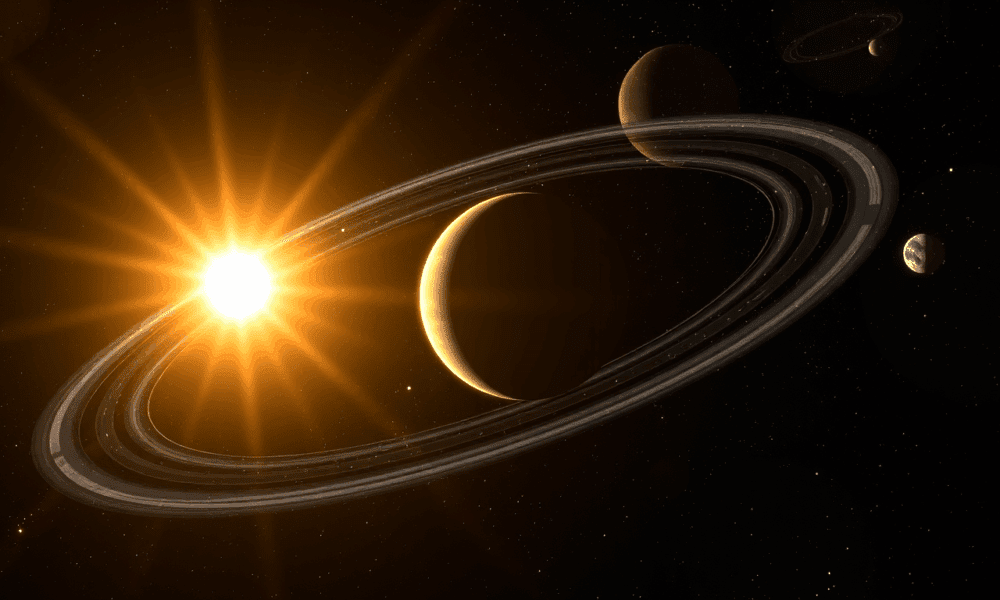
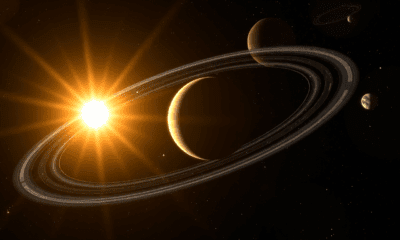

Apples-to-apples comparisons in the distant universe are hard to come by. Whether the subject is dwarf galaxies, supermassive black holes, or 'hot Jupiters,' astronomers can spend...
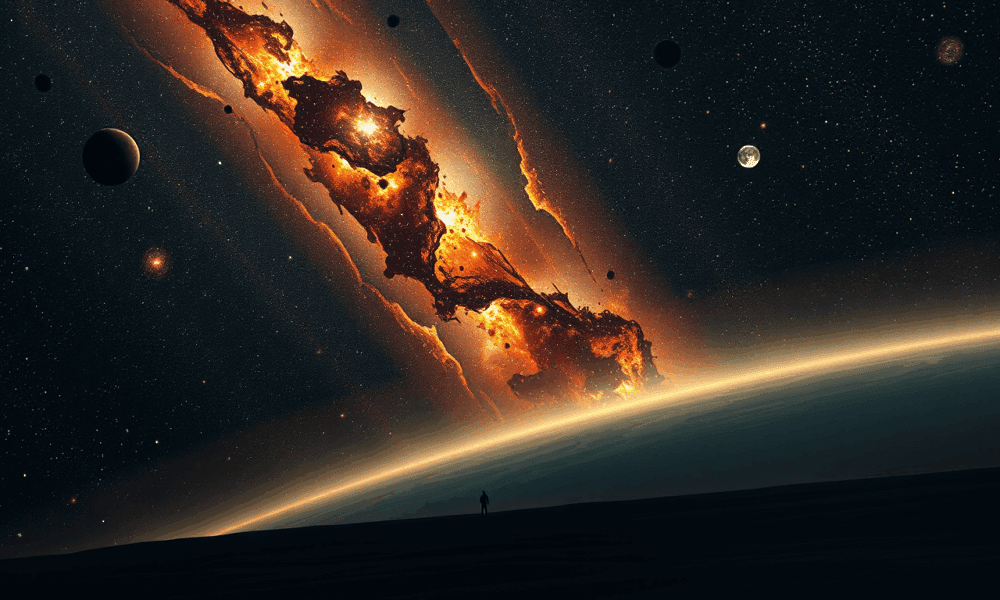
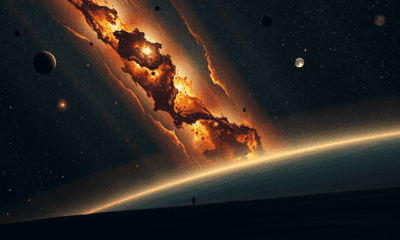

The universe is decaying much faster than thought. This is shown by calculations of scientists on the so-called Hawking radiation. They calculate that the last stellar...
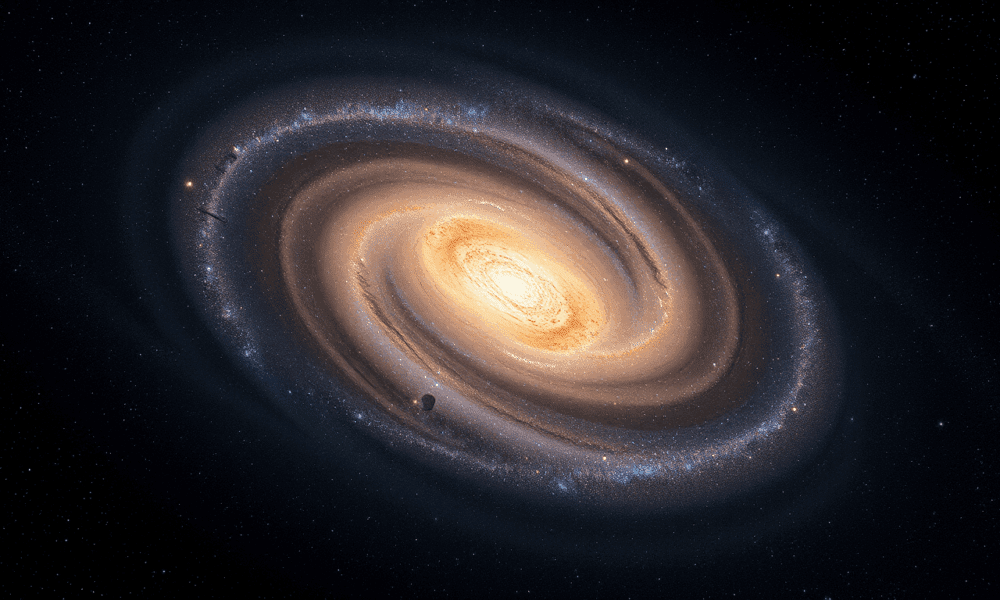
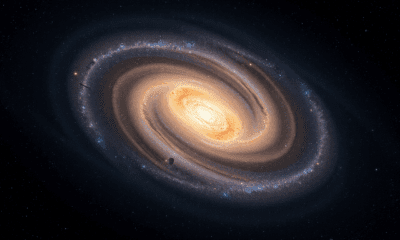

The European Space Agency's Gaia mission has spotted an unusual family of stars all strangely eager to leave home -- a family we couldn't have discovered...
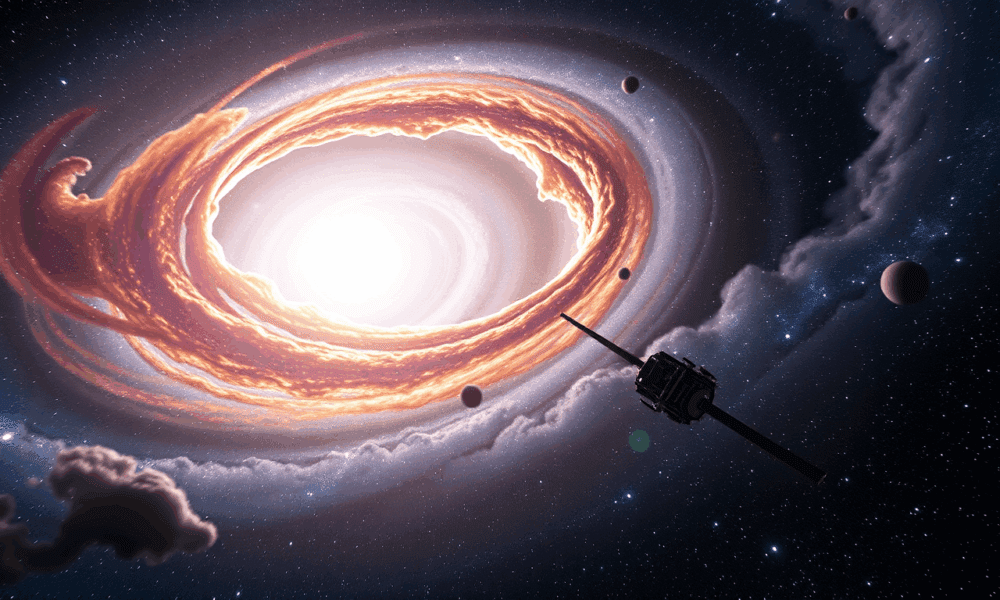
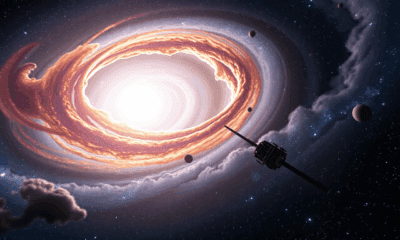

The NASA New Horizons spacecraft's extensive observations of Lyman-alpha emissions have resulted in the first-ever map from the galaxy at this important ultraviolet wavelength, providing a...
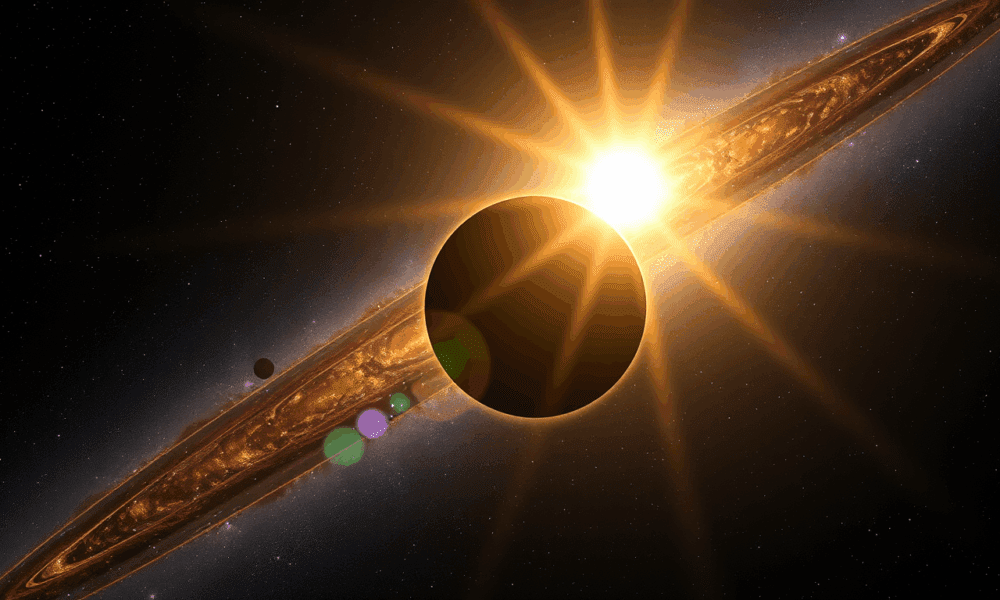
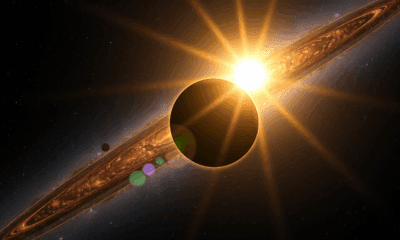

Astronomers have discovered that super-Earth exoplanets are more common across the universe than previously thought. While it can be relatively easy to locate worlds that orbit...
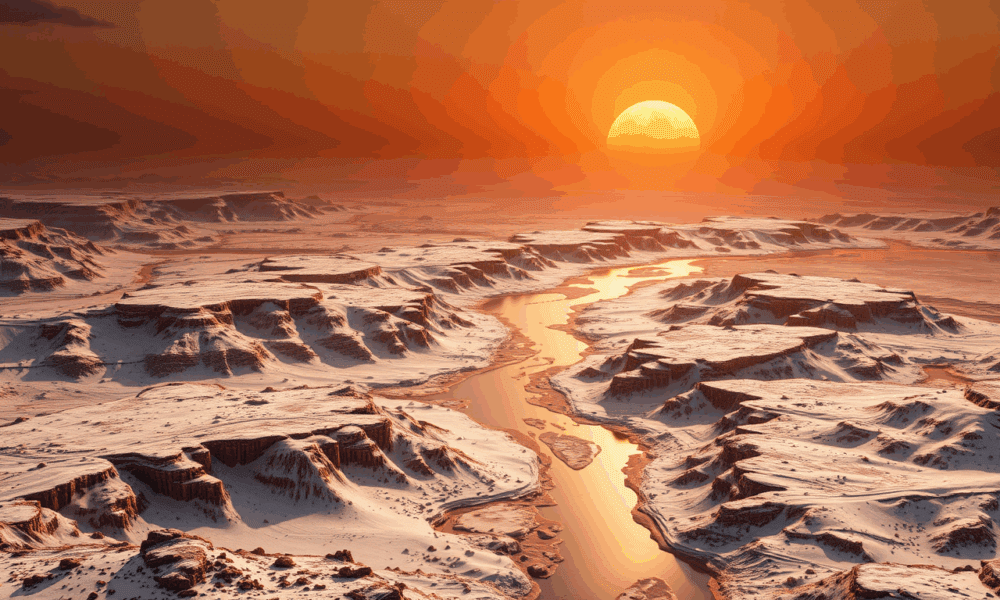
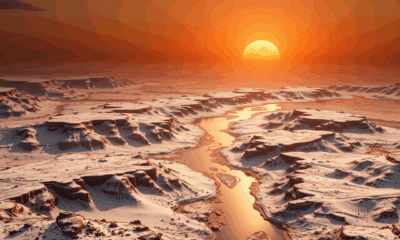

Geologists weigh in on a long-running debate about Mars: Billions of years ago, was the Red Planet warm and wet or cold and dry?
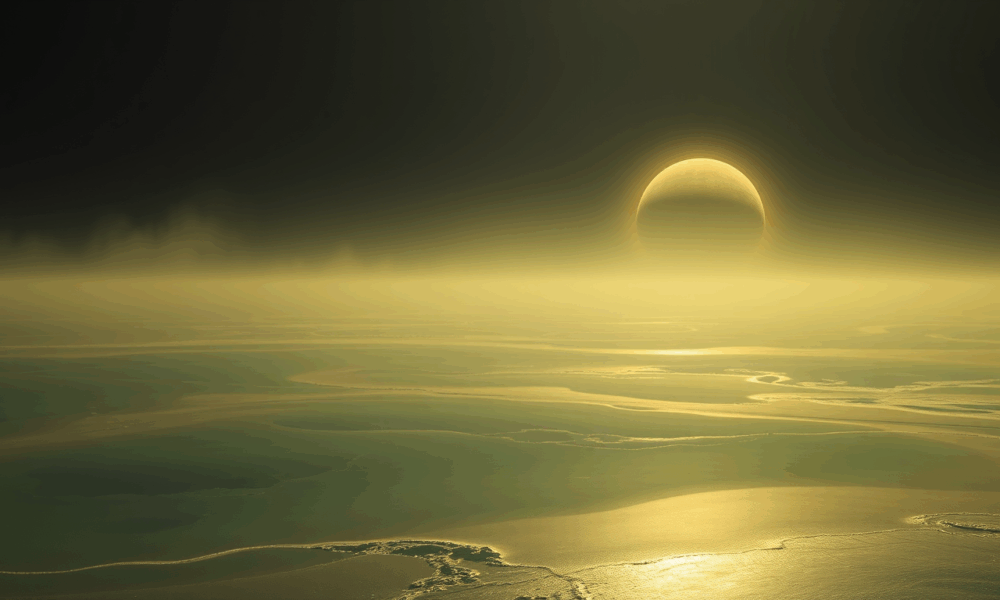
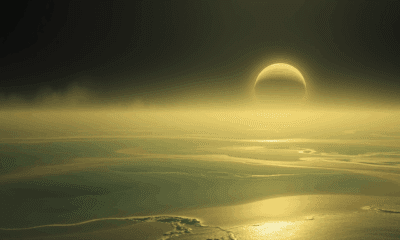

New research finds that despite large rivers and seas of liquid methane, Saturn's moon Titan seems mostly devoid of river deltas, raising new questions about the...
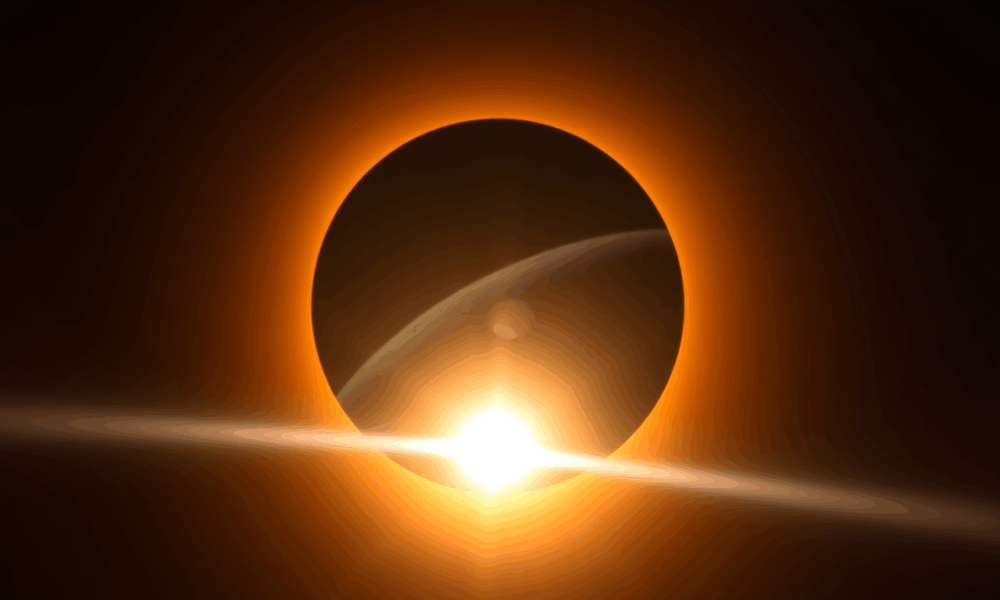
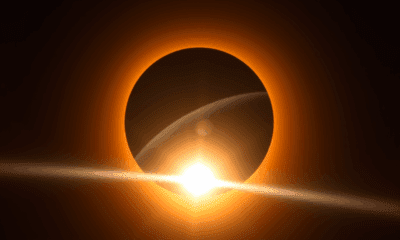

Researchers have developed a new coronagraph that could make it possible to see distant exoplanets obscured by light from their parent stars.
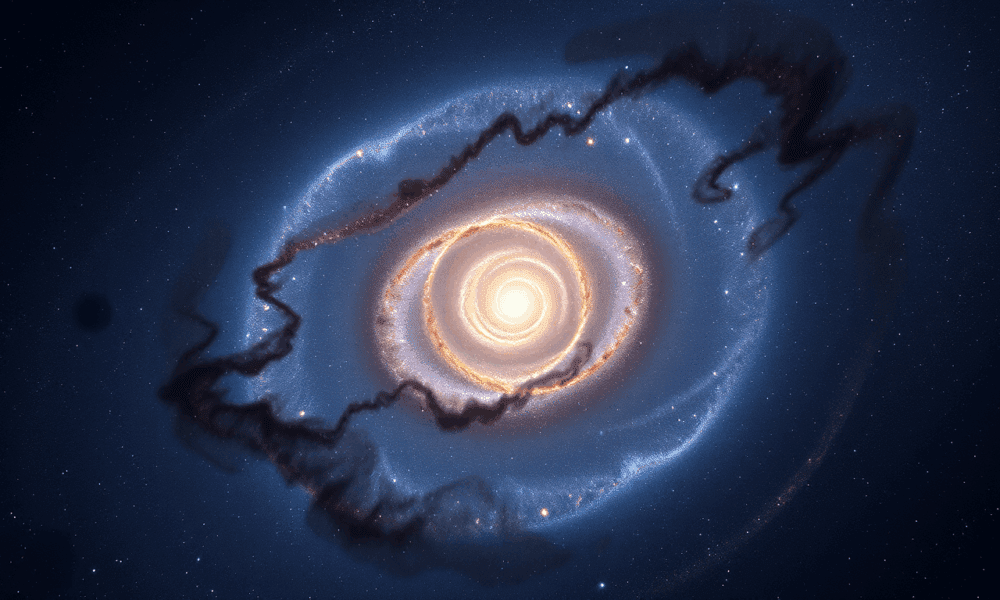
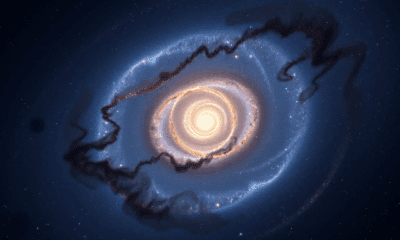

An international team has discovered the most distant spiral galaxy candidate known to date. This ultra-massive system existed just one billion years after the Big Bang...
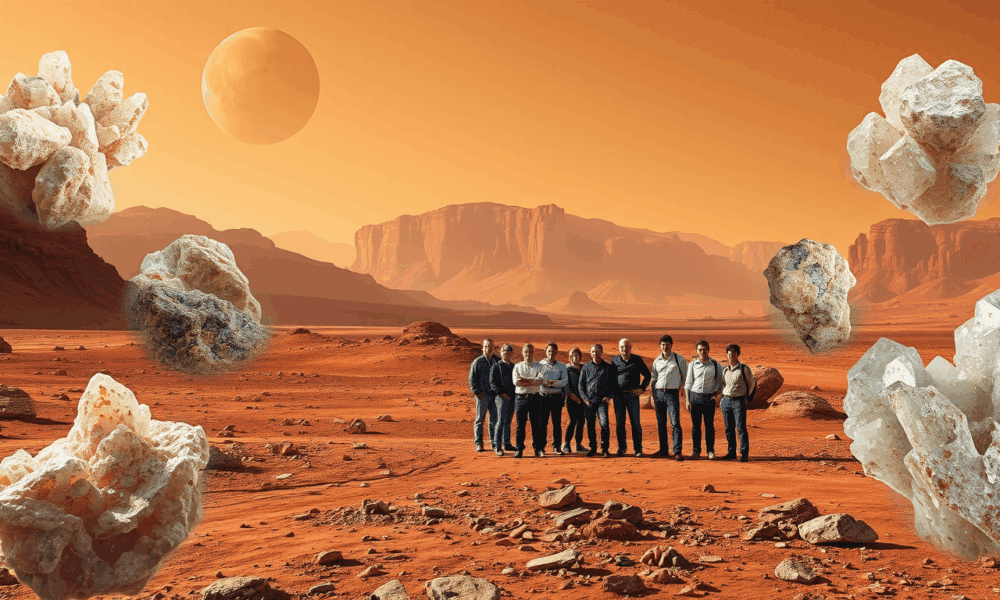
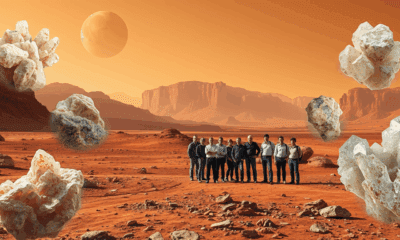

A new study analyzing data from NASA's Perseverance rover has uncovered compelling evidence of multiple mineral-forming events just beneath the Martian surface -- findings that bring...